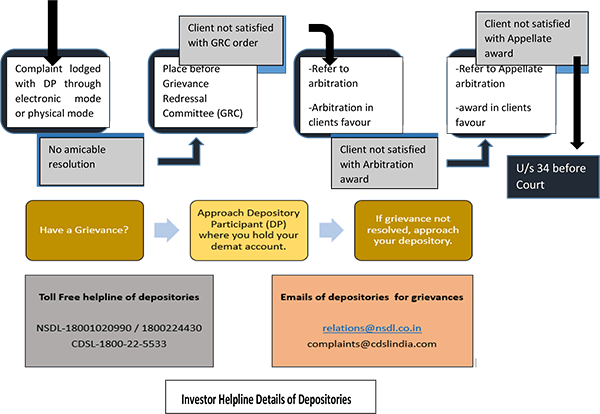Options are an innovative financial tool; they are derivative contracts through which investors can speculate and invest in the future direction of the stock market.
Options trading can involve speculation on the whole stock market or individual securities like stocks or bonds. Options contracts grant the investor the right, but not the obligation, to buy or sell an underlying asset at a predetermined price before the contract expires.
Options trading in India is a good investment strategy for investors who wish to hedge their risk or increase leverage for a smaller initial investment. In this blog we will provide a comprehensive understanding of the basics of options trading in India, offering insights into how it works, and the risks associated.
Understanding Options
Options are financial derivatives that grant the investor the right (but not the obligation) to buy or sell an underlying asset at a predetermined price within a specified time frame before the contract expires. In India, options are primarily traded on stocks and indices.
The 2 types of Options are
- Call Option: The call option grants the investor the right to buy an underlying asset at a strike price (predetermined price), before the expiry date of the option.
- Put Option: The put option grants the investor the right to sell an underlying asset at a strike price (predetermined price) before the expiry date of the option.
Important Terms in Option Trading
- Buyer (Holder): The individual purchasing the option contract.
- Seller (Writer): The individual selling the option contract to the buyer.
- Strike Price: The predetermined price at which the option can be exercised before a predetermined date.
- Premium: The actual price paid by the buyer to the seller for the option contract.
- Expiration Date: The date on which the option contract expires.
How does Options Trading Work?
Call Options:
If an investor expects or believes that the price of a particular stock will rise in the future, they can buy a call option. The call option gives the investor the right to purchase the stock at a predetermined price. If the stock price exceeds the strike price as anticipated before the expiry date of the option, the investor can exercise the option and make a profit.
Put Options:
If an investor anticipates a fall in the stock price in the future, they can buy a put option. The Put option grants them the right to sell the stock at a predetermined price. If the stock price falls below the strike price as anticipated, the investor exercises the Put option and earns profit from the price difference.
Understanding Options Trading in India with an example
Let us assume that the current stock price of company A is Rs. 500. If you expect the stock price to go up in the future, you can earn profits from your prediction through options trading. You can enter into an options contract with a seller specifying the strike price at Rs. 550. The expiry date of the option is also determined.
The options contract grants you the right to buy the said share from the seller anytime at the predetermined price before the contract expiry date as anticipated if the share price goes up and touches Rs. 650.
You can exercise your option and buy the share from the seller at the strike price of Rs. 550 and sell it in the market at Rs. 650. Thus earning Rs. 100 per share.
However, if the share price remains constant or declines, the investor will have to equal the upfront premium paid. Thus, in Options trading, the upper limit of loss experienced is the premium paid upfront. However, the profits have no upper limit, making it an attractive investment option.
Risks and Considerations in Options Trading:
As seen above options trading is a lucrative investment option, however, it comes with its share of risks. Investors need to consider the following factors before investing in Options:
- Options contracts come with predetermined expiration dates, and if your anticipated price is not achieved before the expiry date, then the option may become worthless and you may end up losing the premium paid.
- Options allow the investor to close a large position with a relatively small amount of capital. However, this leverage can end up resulting in both gains and losses.
- The price of the Options contract is influenced by market volatility. High market volatility can lead to higher option premiums, whereas low market volatility can result in lower premiums.
- Investors should have the right knowledge and be familiar with option Greeks like Delta, Gamma, Theta, and Vega, which helps measure the different aspects of an option’s sensitivity to changing market conditions.
Options Trading in India with Gainn Fintech
Options trading is a versatile investment strategy that can help boost an investment portfolio’s performance. However, one needs to have a thorough understanding of the mechanics, strategies, and associated risks.
As with any investment, investors should conduct thorough research, stay updated about market trends, and consult an experienced financial advisor before delving into options trading.
Gainn Fintech offers a reliable platform to begin your Futures and options trading in India. Gainn Fintech offers top-class tools for conducting proper research and risk management.
With Gainn, options trading can be a valuable addition to your investment strategy and planning. Presently, Gainn offers collateral benefits for 100% of cash available on 1200+ securities, with a collateral management charge of 1%




